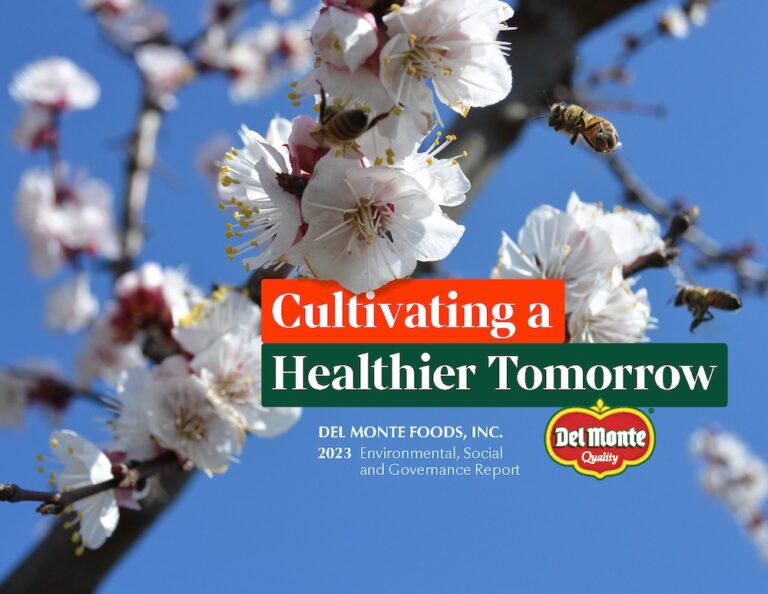
Del Monte Foods highlights ESG progress and sustainable packaging initiatives
Del Monte Foods showcases its Environmental, Social, and Governance (ESG) strides, emphasising sustainable packaging efforts in its 2023 report.

Del Monte Foods showcases its Environmental, Social, and Governance (ESG) strides, emphasising sustainable packaging efforts in its 2023 report.
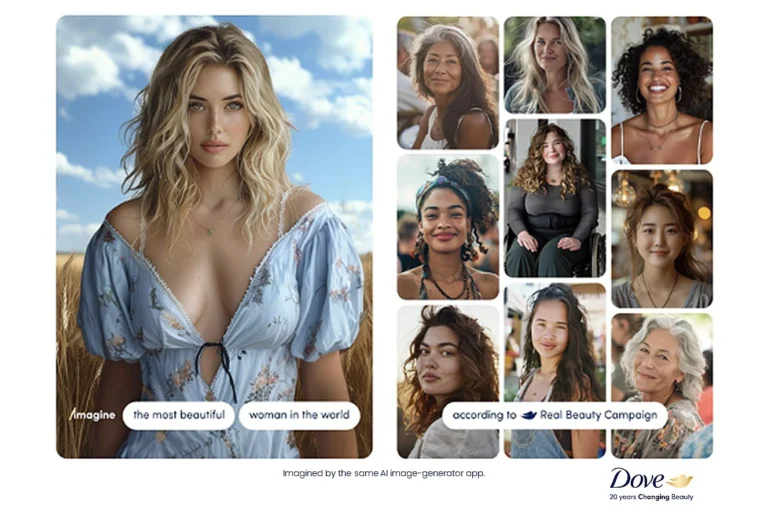
Dove, in its 20th year of championing Real Beauty, has pledged against using artificial intelligence (AI) to represent women in its advertising, calling AI a major threat to portraying authenticity.
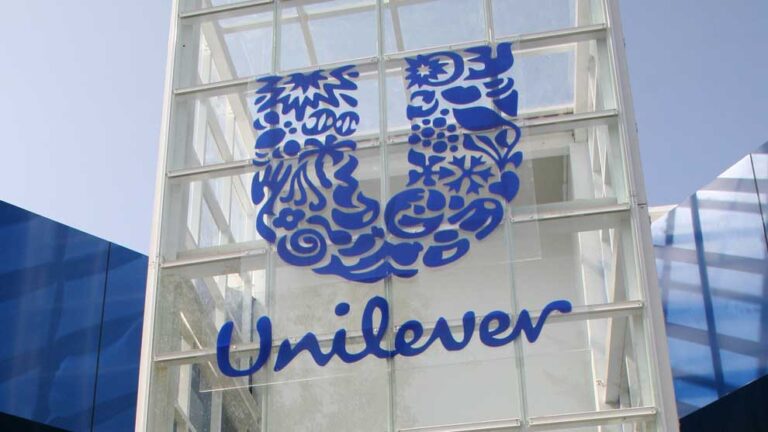
Unilever unveils a robust climate transition plan aiming for net-zero by 2039, prioritising emissions cuts from suppliers.
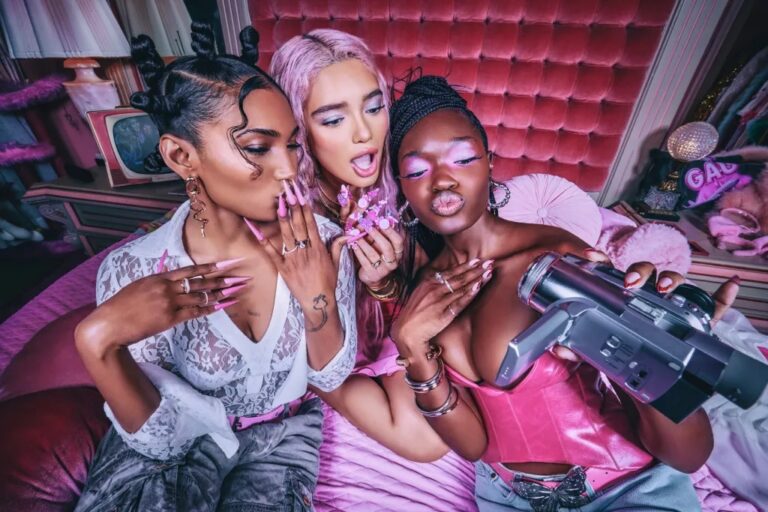
Nicki Minaj has introduced Pink Friday Nails alongside her Pink Friday 2 world tour, offering customisable press-on nails in various shapes and lengths, priced between $19.99 and $24.99.
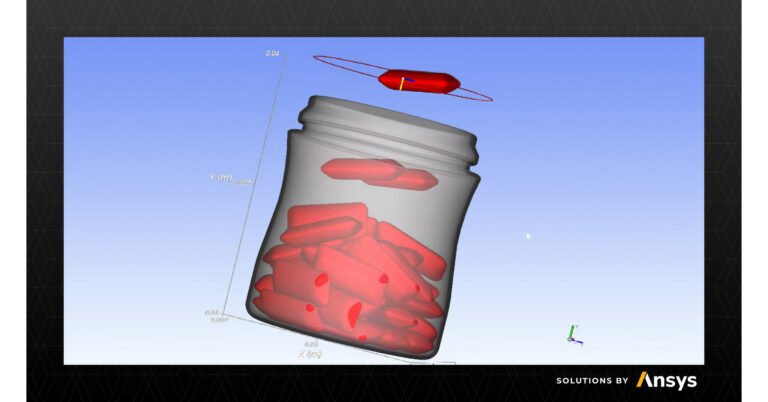
Mars, Inc., the parent company of renowned brands like M&M’s and Snickers, is revolutionising its packaging approach by harnessing simulation technology for virtual testing and prototyping.
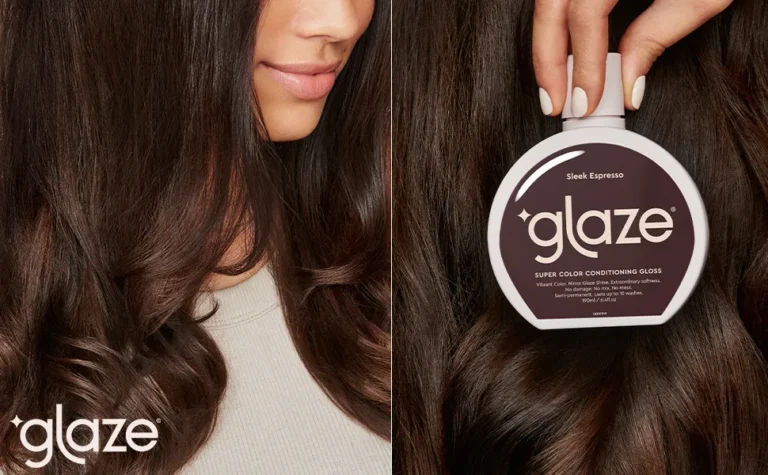
U.K. direct-to-consumer (DTC) hair brand Glaze has expanded to 354 U.S. Target stores and online, marking its entry into North America.
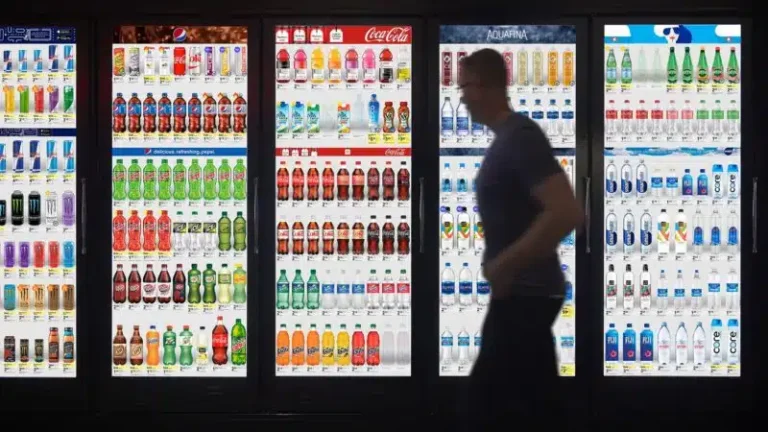
Cooler Screens, a tech firm, has released a survey exploring CPG advertisers’ views on AI and retail media.
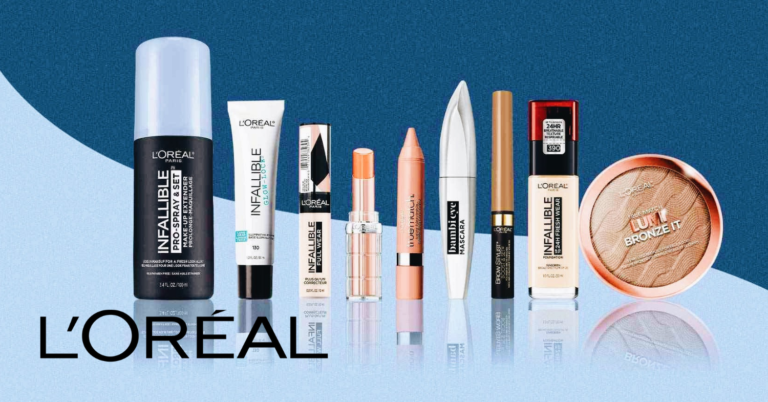
L’Oreal is revamping its supplier partnerships to meet the demands of burgeoning e-commerce growth, driven by the unpredictable nature of social media trends in the cosmetics industry.
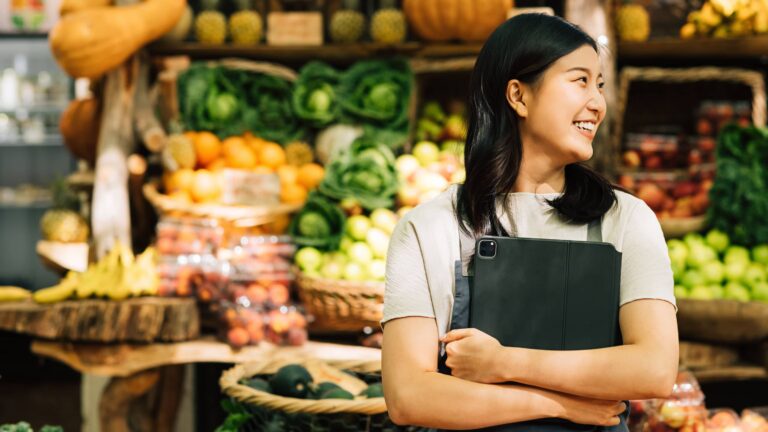
Many companies tout sustainability features in their products, yet fail to grasp a critical reality: consumers prioritise basic product attributes over social and environmental benefits.

Dipanjan Chatterjee of Forrester Research sheds light on the prevailing sense of foreboding among consumers post-pandemic, with 48% expressing concern about the future.
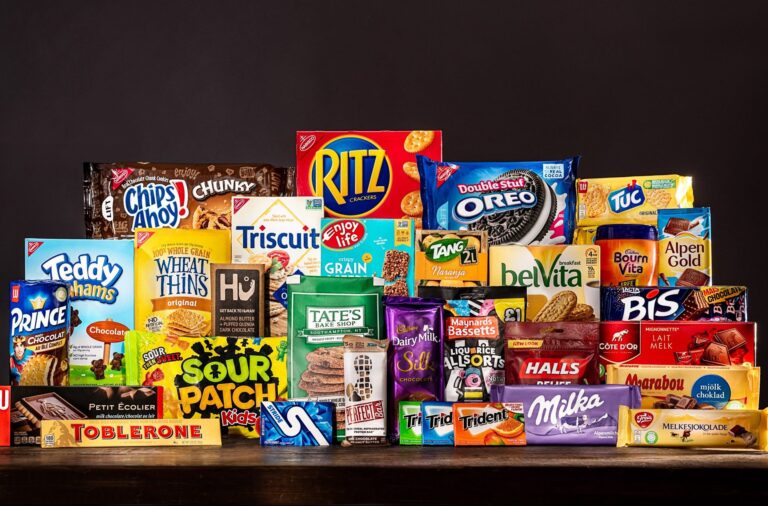
Mondelēz International is leveraging technology, particularly artificial intelligence (AI), to enhance various aspects of its business operations.
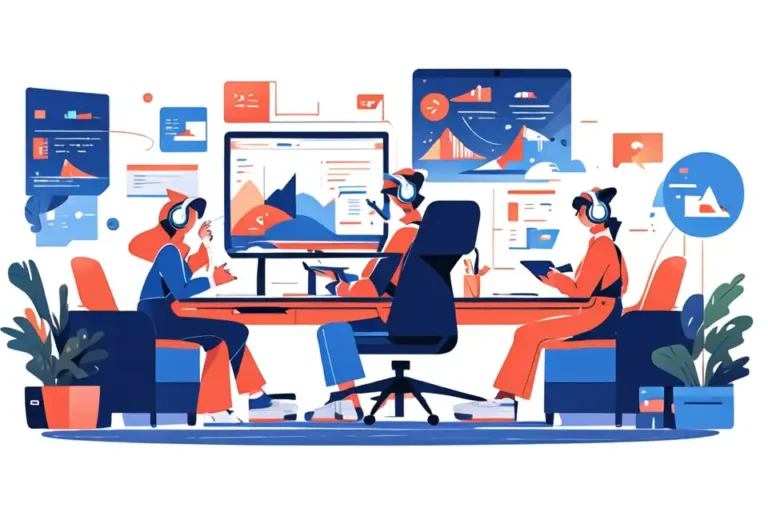
In the ever-evolving landscape of direct-to-consumer (DTC) brands, executives are reevaluating their strategies to adapt to changing consumer preferences and market dynamics.
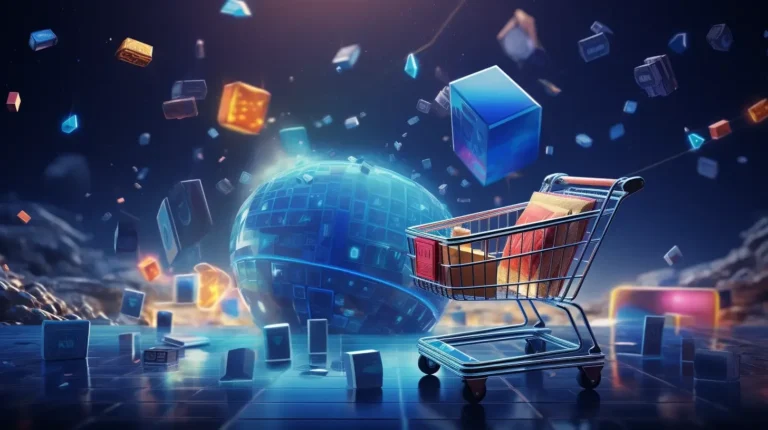
A recent study by PYMNTS Intelligence, surveying over 3,500 U.S. consumers, highlights the significance of checkout ease in online shopping decisions, with 50% prioritising a merchant’s streamlined checkout process.
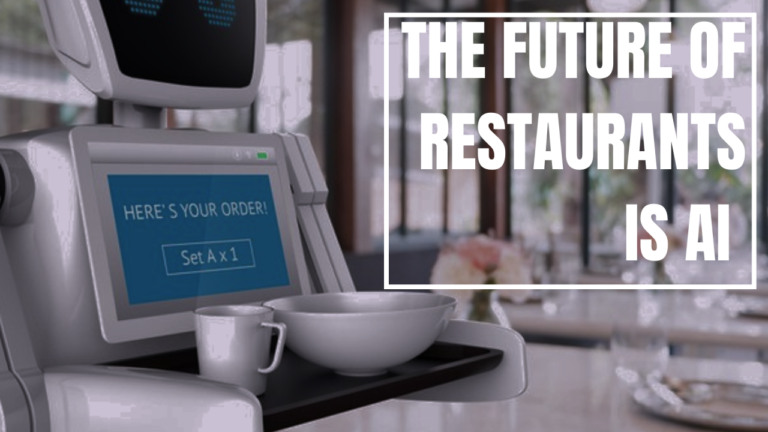
Voice AI technology is revolutionising the food service industry, with companies like ConverseNow and SoundHound leading the charge.
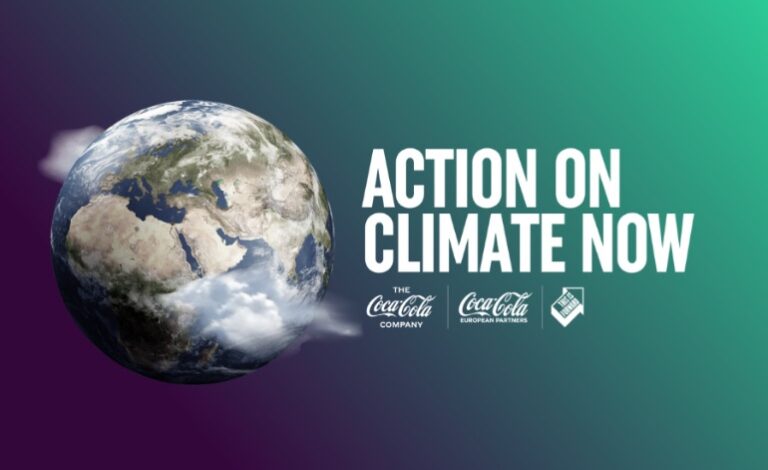
Coca-Cola, a global beverage giant, serves approximately 2.2 billion drink servings daily across 200+ brands.
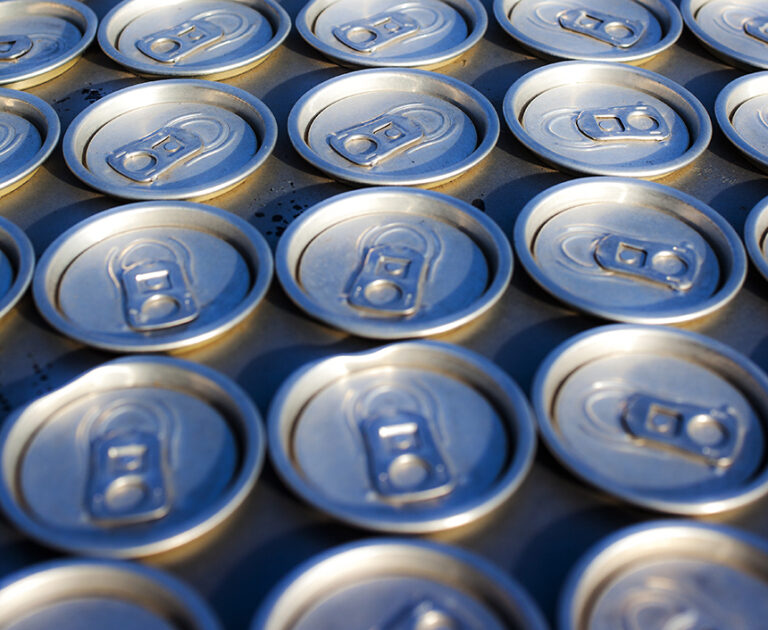
In “The Fairly OddParents,” Cosmo and Wanda’s magical abilities parallel the beverage industry’s increasing reliance on aluminum cans.
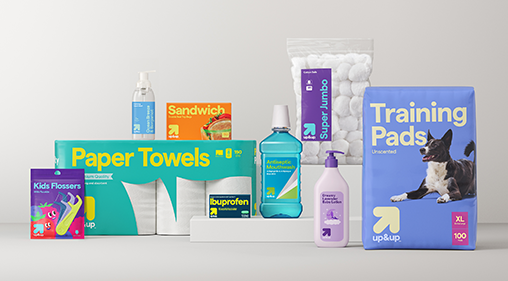
Target is relaunching its Up&Up private label of home essentials, adding hundreds of new products and reformulating 40% to higher quality standards based on consumer feedback.
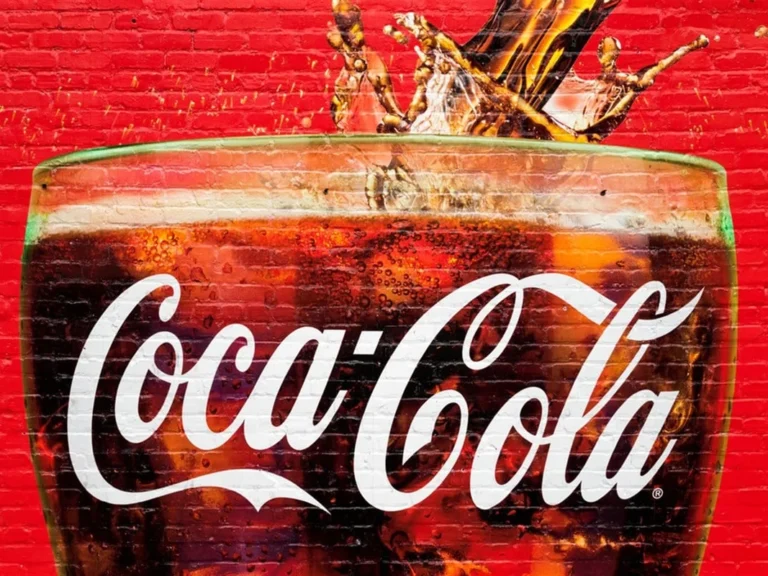
Coca-Cola emphasised its digital marketing shift and the impact of its StudioX digital ecosystem during its Q4 and 2023 earnings report.

Stakeholders, including trade associations and companies, have engaged in discussions regarding proposed updates to the U.S.
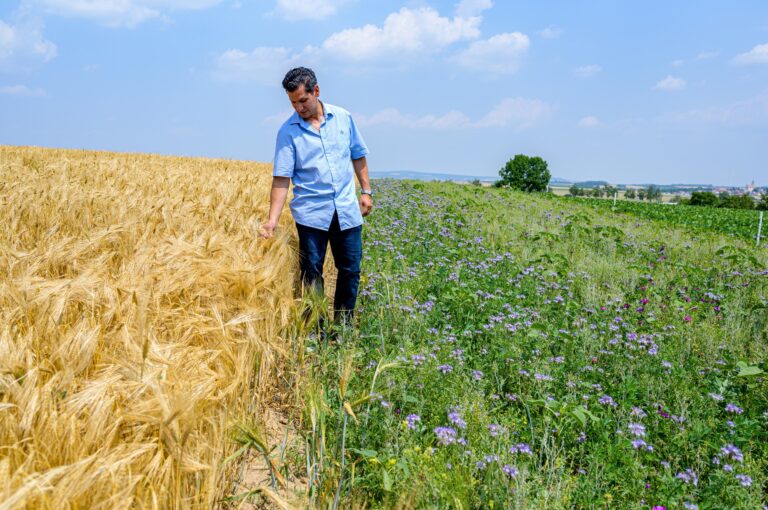
Bayer CEO Bill Anderson underscores the critical importance of food, labelling it the most overlooked resource on our planet.
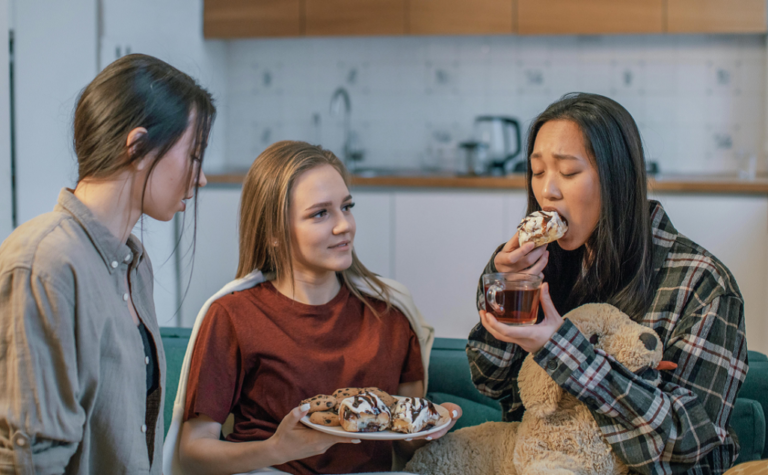
Bell Flavors & Fragrances, Inc. presents its 2024 trends, spotlighting consumers’ evolving fads.
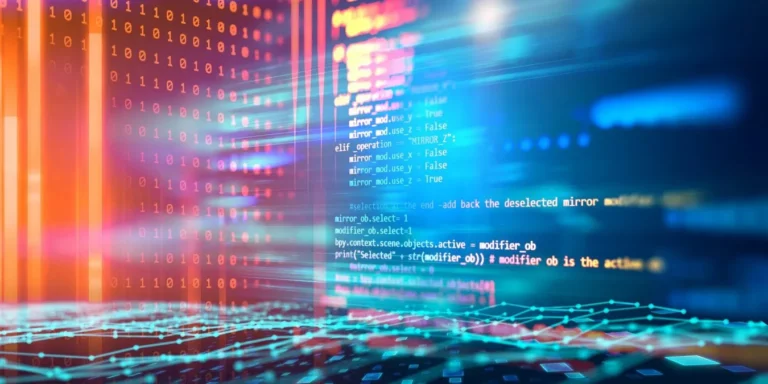
Procter & Gamble (P&G) is leveraging AI within its Supply Chain 3.0 initiative to boost productivity post-COVID.
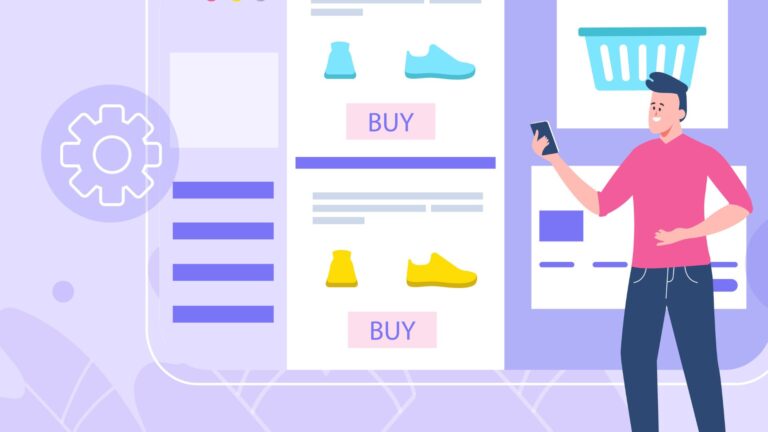
In 2023, the DTC landscape witnessed a spectrum of successes and challenges.
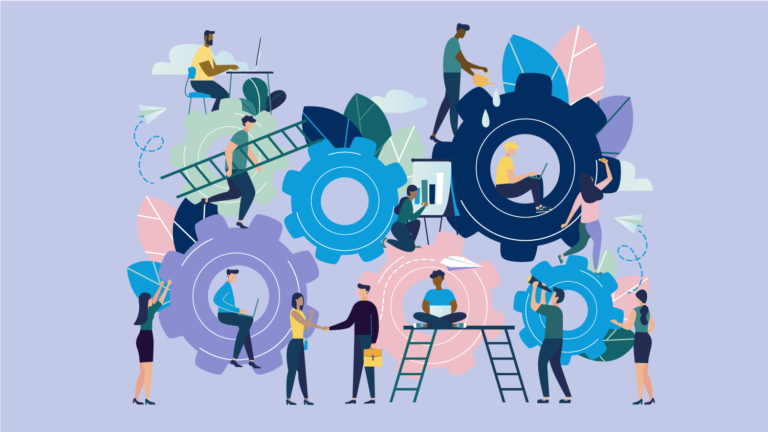
The financial services industry has undergone a revolutionary transformation in recent years, driven by unprecedented advancements in technology.
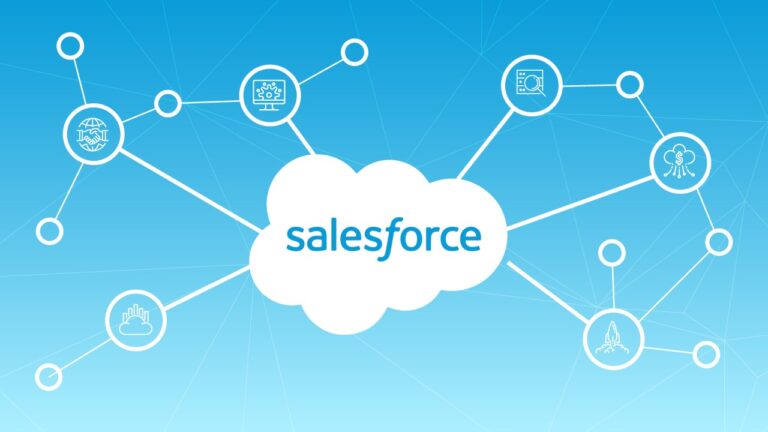
As the retail landscape undergoes unprecedented transformations driven by technology, customer expectations, and market dynamics, staying ahead of the curve is imperative for businesses.
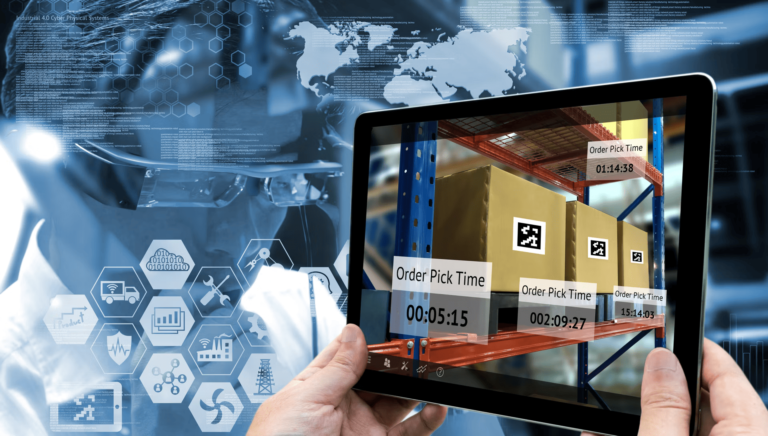
A recent legislative action by the House Energy and Commerce Committee focuses on bolstering supply chains and domestic manufacturing.
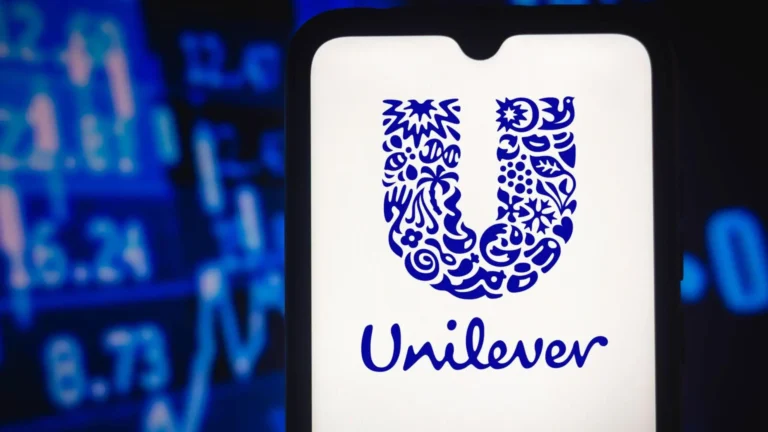
Unilever’s Chief Sustainability Officer, Rebecca Marmot, emphasises the necessity for governmental policy intervention to expedite the journey to achieving net-zero emissions.

Mintel’s 2024 Global PBC Trend Report emphasises AI’s profound influence on the beauty and personal care industries.
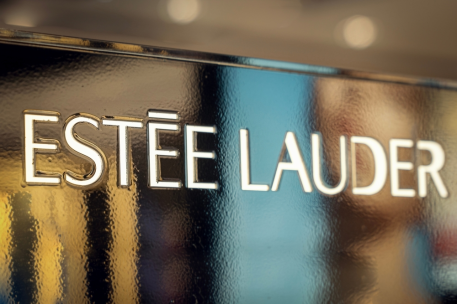
The Estée Lauder Companies, embarking on the TikTok Shop journey with their Estée Lauder and The Ordinary skincare brands, strategically navigate the platform’s unique consumer landscape.
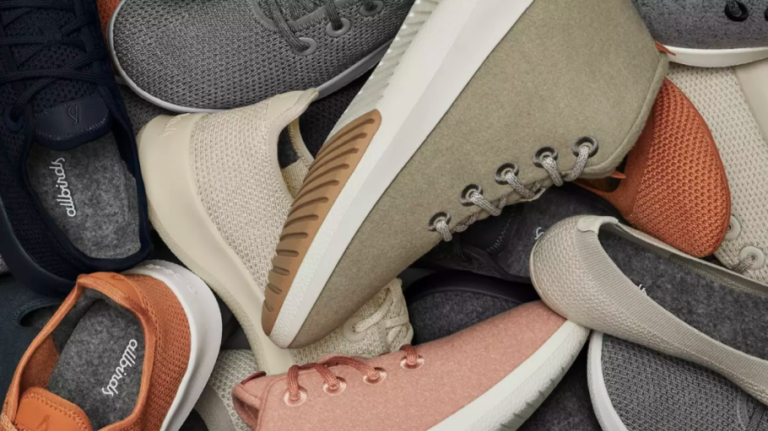
Allbirds, renowned for sustainable footwear, recently commenced selling select products like Tree Runners and Tree Breezers on Amazon starting November 14.

Del Monte Foods showcases its Environmental, Social, and Governance (ESG) strides, emphasising sustainable packaging efforts in its 2023 report.

Dove, in its 20th year of championing Real Beauty, has pledged against using artificial intelligence (AI) to represent women in its advertising, calling AI a major threat to portraying authenticity.

Unilever unveils a robust climate transition plan aiming for net-zero by 2039, prioritising emissions cuts from suppliers.

Nicki Minaj has introduced Pink Friday Nails alongside her Pink Friday 2 world tour, offering customisable press-on nails in various shapes and lengths, priced between $19.99 and $24.99.

Mars, Inc., the parent company of renowned brands like M&M’s and Snickers, is revolutionising its packaging approach by harnessing simulation technology for virtual testing and prototyping.

U.K. direct-to-consumer (DTC) hair brand Glaze has expanded to 354 U.S. Target stores and online, marking its entry into North America.

Cooler Screens, a tech firm, has released a survey exploring CPG advertisers’ views on AI and retail media.

L’Oreal is revamping its supplier partnerships to meet the demands of burgeoning e-commerce growth, driven by the unpredictable nature of social media trends in the cosmetics industry.

Many companies tout sustainability features in their products, yet fail to grasp a critical reality: consumers prioritise basic product attributes over social and environmental benefits.

Dipanjan Chatterjee of Forrester Research sheds light on the prevailing sense of foreboding among consumers post-pandemic, with 48% expressing concern about the future.

Mondelēz International is leveraging technology, particularly artificial intelligence (AI), to enhance various aspects of its business operations.

In the ever-evolving landscape of direct-to-consumer (DTC) brands, executives are reevaluating their strategies to adapt to changing consumer preferences and market dynamics.

A recent study by PYMNTS Intelligence, surveying over 3,500 U.S. consumers, highlights the significance of checkout ease in online shopping decisions, with 50% prioritising a merchant’s streamlined checkout process.

Voice AI technology is revolutionising the food service industry, with companies like ConverseNow and SoundHound leading the charge.

Coca-Cola, a global beverage giant, serves approximately 2.2 billion drink servings daily across 200+ brands.

In “The Fairly OddParents,” Cosmo and Wanda’s magical abilities parallel the beverage industry’s increasing reliance on aluminum cans.

Target is relaunching its Up&Up private label of home essentials, adding hundreds of new products and reformulating 40% to higher quality standards based on consumer feedback.

Coca-Cola emphasised its digital marketing shift and the impact of its StudioX digital ecosystem during its Q4 and 2023 earnings report.

Stakeholders, including trade associations and companies, have engaged in discussions regarding proposed updates to the U.S.

Bayer CEO Bill Anderson underscores the critical importance of food, labelling it the most overlooked resource on our planet.

Bell Flavors & Fragrances, Inc. presents its 2024 trends, spotlighting consumers’ evolving fads.

Procter & Gamble (P&G) is leveraging AI within its Supply Chain 3.0 initiative to boost productivity post-COVID.

In 2023, the DTC landscape witnessed a spectrum of successes and challenges.

The financial services industry has undergone a revolutionary transformation in recent years, driven by unprecedented advancements in technology.

As the retail landscape undergoes unprecedented transformations driven by technology, customer expectations, and market dynamics, staying ahead of the curve is imperative for businesses.

A recent legislative action by the House Energy and Commerce Committee focuses on bolstering supply chains and domestic manufacturing.

Unilever’s Chief Sustainability Officer, Rebecca Marmot, emphasises the necessity for governmental policy intervention to expedite the journey to achieving net-zero emissions.

Mintel’s 2024 Global PBC Trend Report emphasises AI’s profound influence on the beauty and personal care industries.

The Estée Lauder Companies, embarking on the TikTok Shop journey with their Estée Lauder and The Ordinary skincare brands, strategically navigate the platform’s unique consumer landscape.

Allbirds, renowned for sustainable footwear, recently commenced selling select products like Tree Runners and Tree Breezers on Amazon starting November 14.
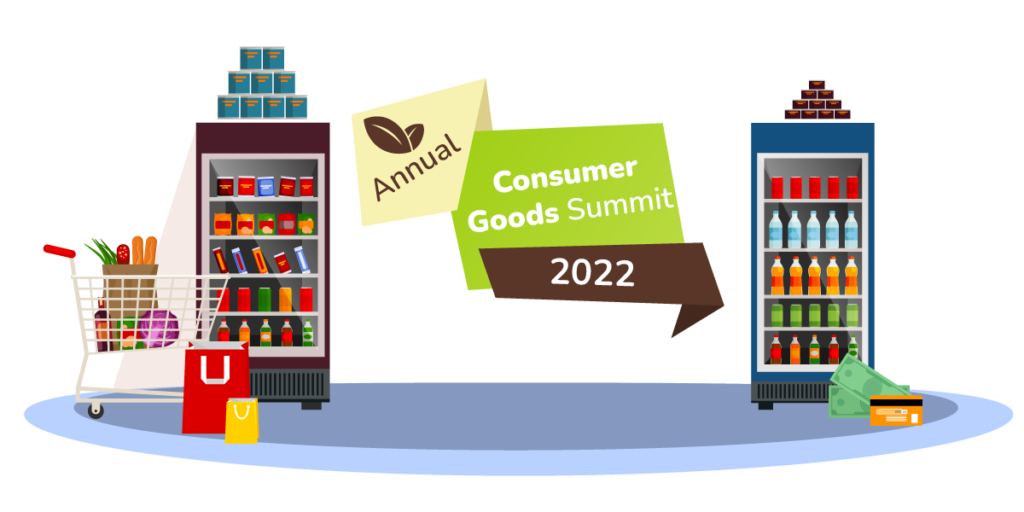
Consumer Goods industry will surpass $15T globally by 2025. However the old business model of mass distribution is about to become obsolete. Digital Transformation, Millennials and Gen Z effect, Direct to Consumer and Post-Covid World are going to reshape the winning formula for the new era CG industry. Our weekly newsletter covers global innovations and disruptions in CG industry.
ConsumerGeniuses is managed by IndustryGeniuses (A place where industries meet innovation). We are rolling out content platforms for the world’s hottest industries such as Food & Grocery Retail, Consumer Goods and Healthcare. For each of these key industries, we support Tech Startups and Industry Disruptors as they roll out next generation digital initiatives.
IndustryGeniuses team brings practical domain knowledge of working with 300+ tech startups and brands over the past decade.